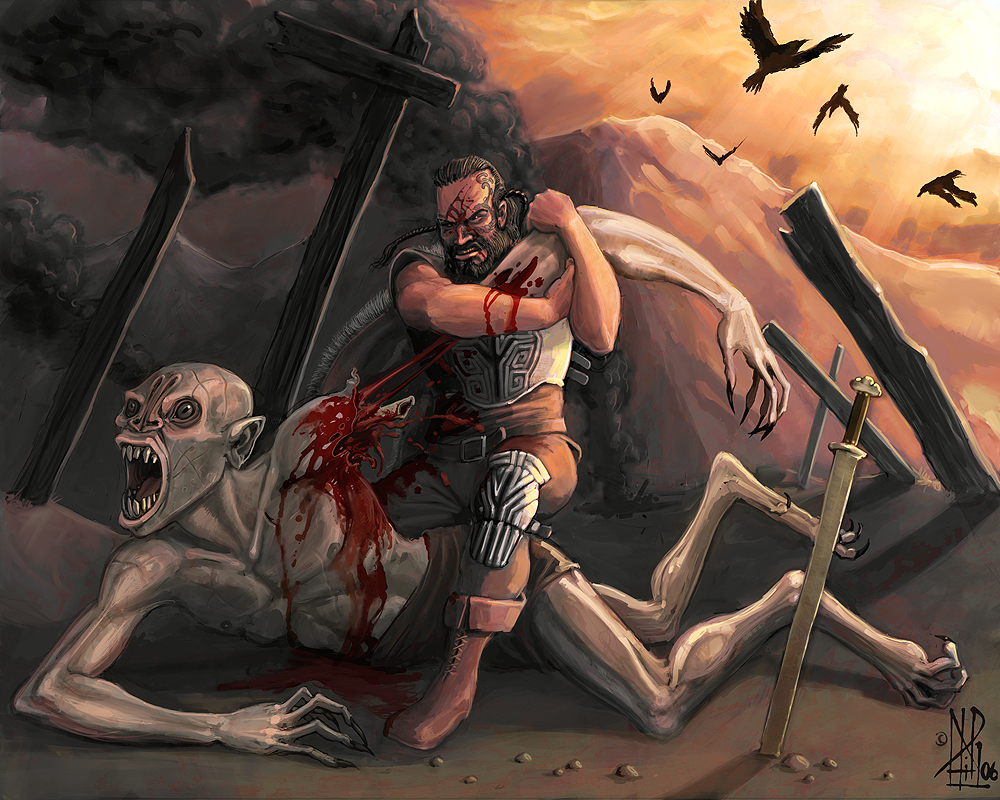Ok, so I’m still on the Beowulf
kick, I can’t help it. The Canterbury
Tales may have their moments, but my mind is more intensely drawn to
fighting and monsters and dragons…I can’t help it. Beowulf is just way cooler
than any of the Canter-characters, it’s a fact.
My last blog post was about what made a monster. After
dwelling on that idea for a while, I realized we never really discussed what
made a man. Surely the natural assumption is that a man is the opposite of a
monster (or at least one should hope). But men can be monsters, can’t they?
The trusty ol’ Oxford English Dictionary (OED) describes a
man as:
Man 1: A human being; to have or
assume human nature
Man 2: Wickedness; a lie
Man 4: An ostentatiously virile or
manly man; a man engaged in or excelling in activities considered to be
typically masculine.
These definitions, for lack of a better term, are extremely
bland. Is it that difficult to define what makes a man? Is there no real definition
because it is not a term, but a label generated by society? In Beowulf’s
society, a man fears nothing; he fights his demons to their death or his own.
No fear is allowed. A man he boasts his accomplishments. Other men follow a
real man. But, even in Beowulf’s society men are allowed their faults it seems.
King Hrothgar is still considered a great king even though he fails to kill
Grendel himself.
Given today’s time, I feel there are probably different
expectations of what makes a man, or a woman for that matter. Each of us in
this class probably has varying ideals on what a true man/woman is. Maybe that’s
what makes it so difficult to define.
Sculpture David by Michelangelo

